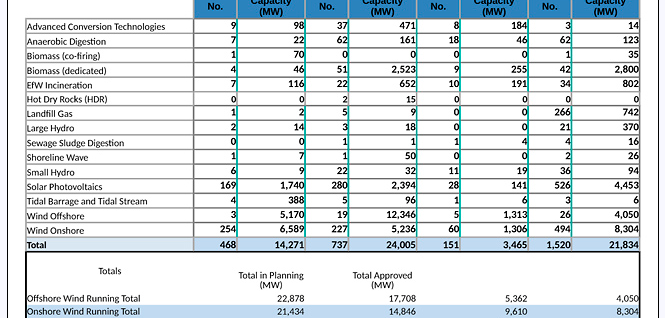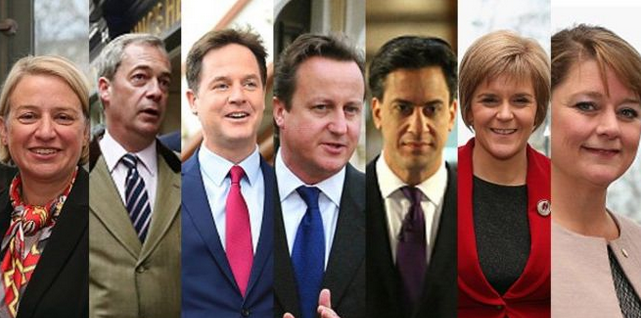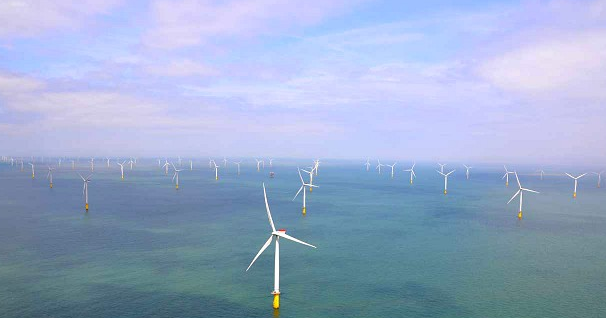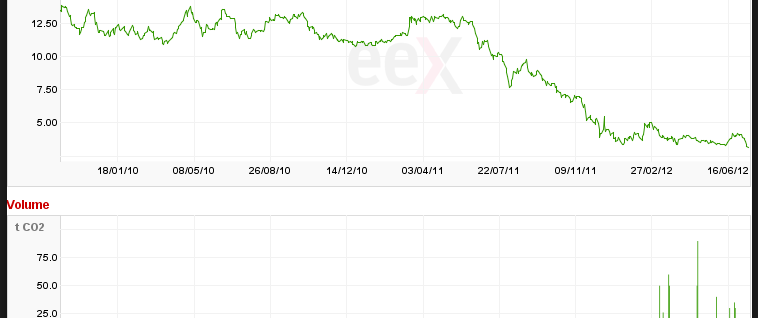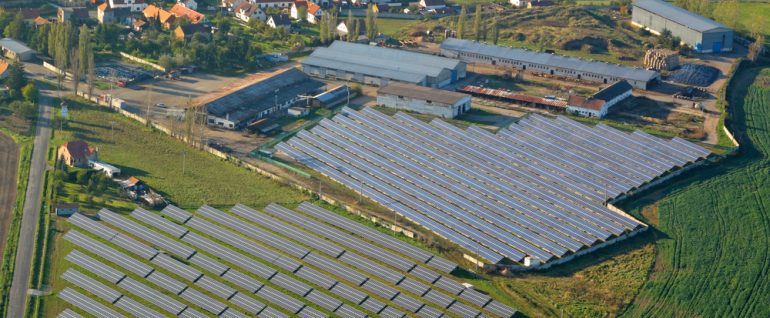Last week the wind industry was shocked (but not exactly surprised) by the government's announcement it would be ending subsidies for onshore wind projects a year earlier than previously promised. It’s a move that potentially threatens thousands of new jobs and places millions of pounds of investment at risk. But what we learn from declining renewable power subsidies is their failure to make low-carbon power a long term commercial proposition without smart grids. Up until now, UK renewable energy policies have been driven by carbon reducing logic. The principles are sound enough, fight climate change by reducing the [...]
Read MoreWith our NDNCNSA (Non-Disclosure, Non Circumvent, Non Solicitation Agreement) and Term Sheets detailing the scope of our relationship with a major Infrastructure Fund now signed, Deal Stream 1 is coming online. Deal Stream 1 will consist of 6 projects, with the first now being submitted for acquisition. We’re progressing with development of Deal Stream 2, beginning operations with our Chinese solar manufacturers, codenamed CSC (Chinese solar conglomerate) 1 & 2. Which brings us to consider that facet of Chinese culture known as guanxi (pronounced ga-wan-chee and sometimes written guangchi). There’s no direct translation, but it’s a fundamental part [...]
Read MoreAs Britain is gripped by election fever it seems the issue of climate change and CO2 reduction has taken a back seat. But rising global CO2 emissions will have a significant impact on the nation’s future health and economic prosperity, so although the c-word isn’t high on the campaign agenda it remains a key underlying issue for the next government. More importantly, assuming the objective of a modern environmental policy should be (in part at least) to reduce carbon emissions, it should be pretty easy to work out which party has got the best offering… right? The story so far: As [...]
Read MoreA couple of days ago, The Centre for Policy Studies released a report titled: Central Planning with Market Features: how renewable subsidies destroyed the UK electricity market. (You can read the report here). The UK press jumped onto this story and it's fair to say I agree with the findings of the report. I have known the root cause of the problem with renewable subsidies for a while: How can solar power really work in the UK market? We don’t get much sun anyway (when it’s not cloudy) and you never really know when it’s not going to be cloudy, which [...]
Read MoreYou’d be forgiven for thinking that green energy, electricity markets and politics appear complicated. A couple of weeks back we saw Greenpeace criticising the UK Government’s UK Export Finance scheme’s decision to loan $1bn in funding packages to a deal including Pemex (the Mexican oil group) calling the coalition government's green credentials into doubt. Last week German electricity giant (and UK ‘big six’ energy supplier) E.ON posted record annual losses blaming subsidised wind and solar for the downward trend in wholesale electricity prices. But we also know the EIS / SEIS tax breaks for investors that [...]
Read MoreIn part one of this post we considered the crunch that changing tax legislation will bring to the UK renewable energy sector in 2015. Green investment tax breaks for many renewable electricity generators have already been cut, and this year even more are going to disappear. In this part, we'll ask what's next? After all, the requirement to reduce CO2 emissions isn't going to go away, so without green investment tax breaks for renewable energy generators, what will drive emissions reduction incentives? To recap, the old ‘double dip’ benefit of EIS/SEIS reliefs for investments in companies receiving indirect subsidies [...]
Read MoreAs this current tax year comes to an end in the UK, one of the biggest changes to the way we invest in renewable energy is due to fully kick in. The green energy tax breaks clock is ticking down over the next couple of months. From April 6 2015, the tax incentives to invest in solar, wind, hydro and bio-fuel projects - that have proven so effective at driving development in the UK renewables sector - are going to disappear. In fact (for solar and wind) many stopped last July, but more are on the way. Taken in [...]
Read More